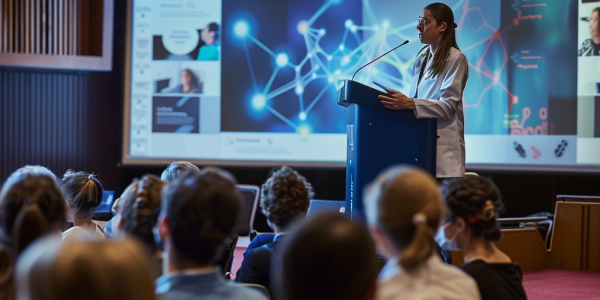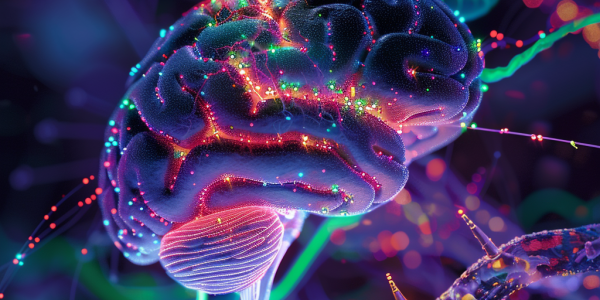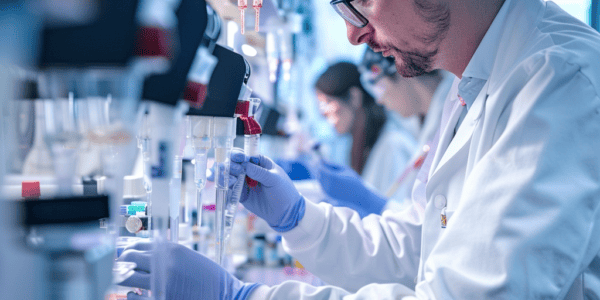AAVantgarde Bio to Present Pioneering Gene Therapy Findings at FLORetina Annual Meeting
AAVantgarde Bio, a leading biotechnology firm in Italy, will present groundbreaking findings from its LUCE-1 clinical study at the FLORetina Annual Meeting on December 7, 2024. The study focuses on a novel dual AAV gene therapy for treating advanced retinitis pigmentosa due to Usher syndrome 1B, marking a significant advancement in ophthalmology. Prof. Francesca Simonelli will discuss the safety results from initial subjects, highlighting the potential of innovative gene therapies in inherited retinal disease treatment.
Novel Gene Therapy Vehicle Successfully Crosses Blood-Brain Barrier in Mice
Researchers at the Broad Institute have developed a groundbreaking gene therapy delivery vehicle that effectively crosses the blood-brain barrier in mice, offering new possibilities for treating a range of brain diseases. This innovative approach utilizes a human protein to transport therapeutic genes into the brain, promising safer and more efficient treatments for neurodevelopmental and neurodegenerative disorders.
Scientists Conduct First-Ever Gene Therapy Tests in Whole Human Liver
Groundbreaking study by Children’s Medical Research Institute (CMRI) conducts first-ever gene therapy tests in whole human liver, aiming to develop more effective treatments for inherited diseases. Research addresses challenges in bringing gene therapies from lab to clinic, utilizing innovative normothermic liver perfusion system to test AAV-based therapeutics before clinical studies. Senior author expresses excitement about potential for directly assessing gene therapeutics in human liver.



